Introduction:
At White House Recovery Post Falls, we recognize the profound impact of addiction on Native American communities in the Inland Northwest. We also acknowledge the unique challenges and cultural dynamics that come into play when addressing substance use disorder within these communities. To bridge this gap and offer a helping hand, we’ve developed the “Cultural Healing” program—a comprehensive drug and alcohol rehabilitation initiative that’s deeply rooted in Native American traditions and values.
Understanding the Challenges:
Native Americans face higher rates of substance abuse compared to the general population. This discrepancy is often attributed to historical trauma, socioeconomic disparities, and a lack of culturally tailored treatment options. Recognizing these challenges is the first step toward crafting a program that can genuinely address them.
The Foundations of Cultural Healing:
1. Indigenous Healing Circles:
Building a Sense of Belonging
Indigenous Healing Circles are at the heart of our Native American program. These regular group sessions, led by counselors and healers, provide a culturally relevant space for participants to share their experiences, struggles, and aspirations. Utilizing the ancient tradition of talking circles, we foster open and non-judgmental discussions that help participants connect on a deeper level. This sense of belonging is essential to the recovery process.
2. Cultural Reconnection:
Rediscovering Identity
One crucial aspect of our Native American program is the emphasis on cultural reconnection. We believe that by reviving cultural pride and identity, individuals can regain a sense of purpose. Activities such as traditional storytelling, drumming, dancing, and language lessons provide opportunities for participants to reconnect with their roots. By integrating these practices into the recovery journey, we empower individuals to find strength in their heritage.
3. Holistic Healing:
Balancing Mind, Body, and Spirit
Holistic healing is another fundamental element of our program. We can integrate Native American practices such as sweat lodges, smudging, and herbal medicine with evidence-based therapies. This holistic approach ensures that individuals receive comprehensive care, addressing not only their addiction but also their mental, physical, and spiritual well-being.
4. Family and Community Involvement:
Strength in Support Systems
Recovery doesn’t happen in isolation. We encourage family members and community leaders to participate in therapy sessions. Involving loved ones in the healing process is essential for rebuilding support systems. Our program includes family healing circles, where the impact of addiction on relationships and the community is explored and addressed.
5. Dual Diagnosis Support:
Managing Co-Occurring Disorders
Co-occurring mental health issues are common among individuals with substance use disorder. To address this, we provide culturally adapted Dialectical Behavioral Therapy (DBT). This therapy helps participants manage emotions, cope with stress, and reduce self-destructive behaviors. By incorporating DBT with traditional healing rituals, we offer a balanced approach to dual diagnosis support.
6. Trauma-Informed Care:
Healing Historical and Personal Traumas
Historical and personal traumas are often at the root of addiction. Our trauma-informed care approach combines evidence-based therapeutic techniques with traditional healing practices. Sharing stories and healing from historical trauma is an integral part of the recovery journey.
7. Aftercare and Relapse Prevention:
Ensuring Long-Term Recovery
Aftercare is a crucial component of sustained recovery. We provide ongoing support, including access to cultural healing circles and opportunities for reintegration into the community. We provide PHP and IOP services after the initial 30-day treatment program.
8. Cultural Competency Training:
Fostering Understanding and Respect
To ensure that our staff members understand and respect indigenous cultures, we provide comprehensive cultural competency training. This education is essential for creating a welcoming and culturally sensitive environment where individuals feel safe and understood.
Conclusion:
Our “Cultural Healing” program at White House Recovery Post Falls is more than just a rehabilitation initiative; it’s a commitment to helping Native Americans in the Inland Northwest reclaim their lives from the clutches of addiction while preserving and celebrating their rich cultural heritage. By blending evidence-based therapies with indigenous traditions, we offer a holistic and culturally sensitive path to recovery. Together, we embark on a journey of healing, resilience, and renewed hope. If you or a loved one is seeking recovery with cultural sensitivity, consider joining us on this transformative journey toward a brighter future, and call or send a message to us now.


